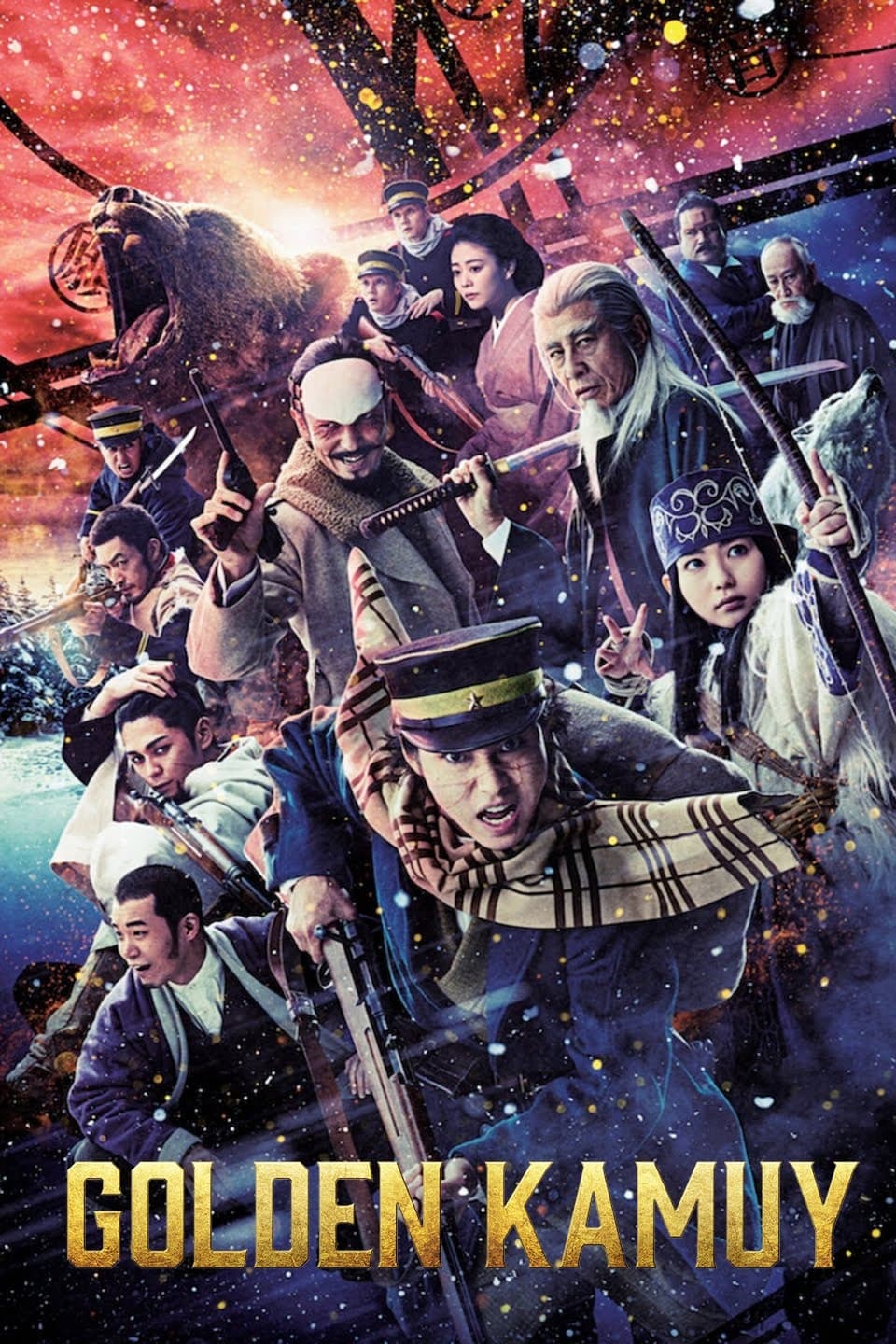
On the Hokkaido frontier, a war veteran and Ainu girl race against misfits and military renegades to find treasure mapped out on tattooed outlaws.
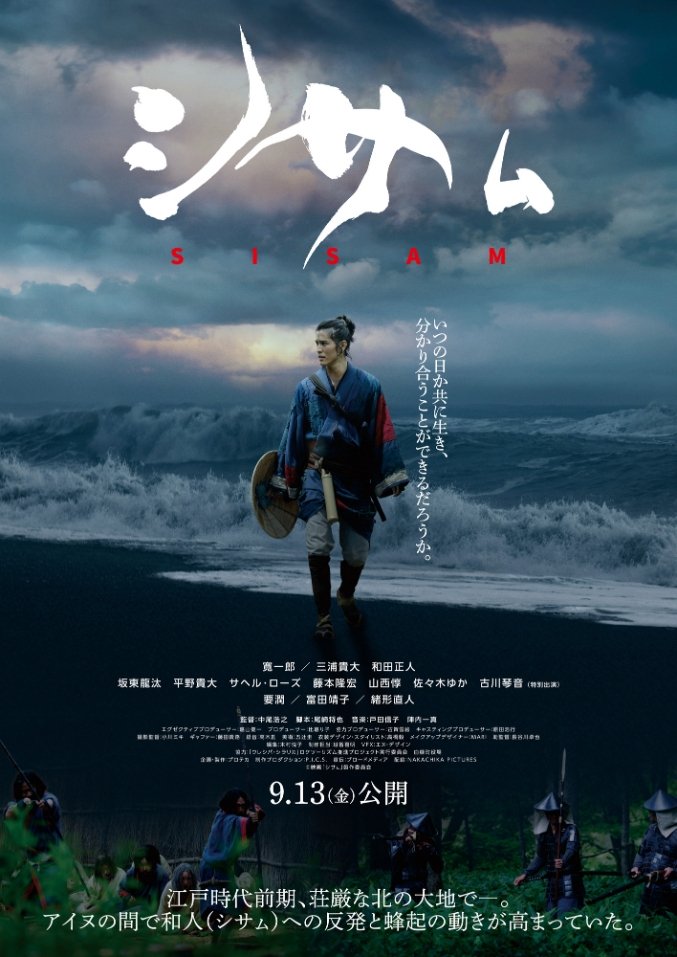
A history drama portraying the confrontation between the indigenous Ainu people living on Japan’s northernmost main island—then called “Ezo” and now known as “Hokkaido”—and the “sisam”, the Ainu word for ethnic Japanese.
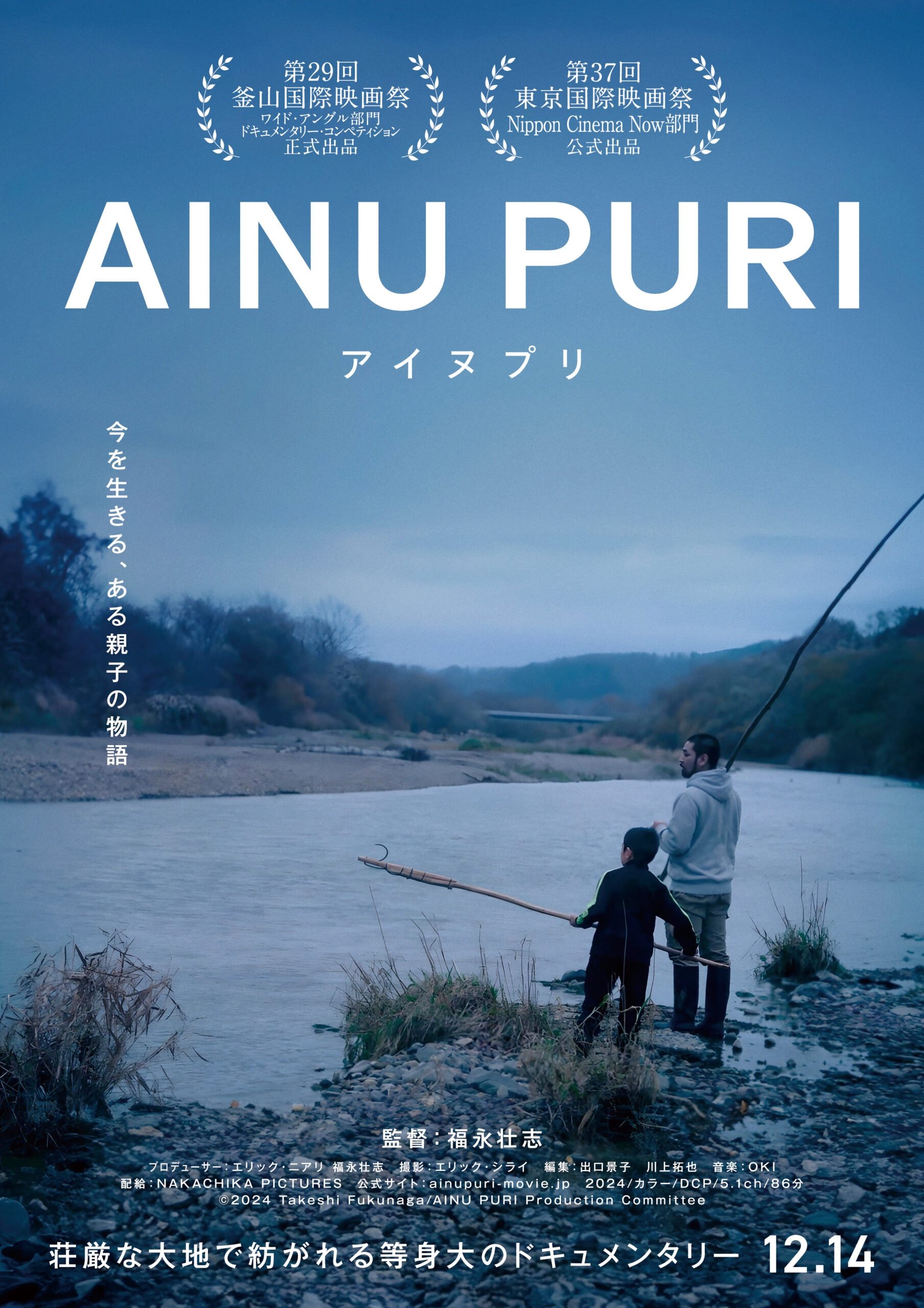
Shigeki, one of the Ainu people of northern Japan, follows the traditions of his ancestors and teaches his son Motoki about their heritage. But how can old customs be revived after centuries of suppression?
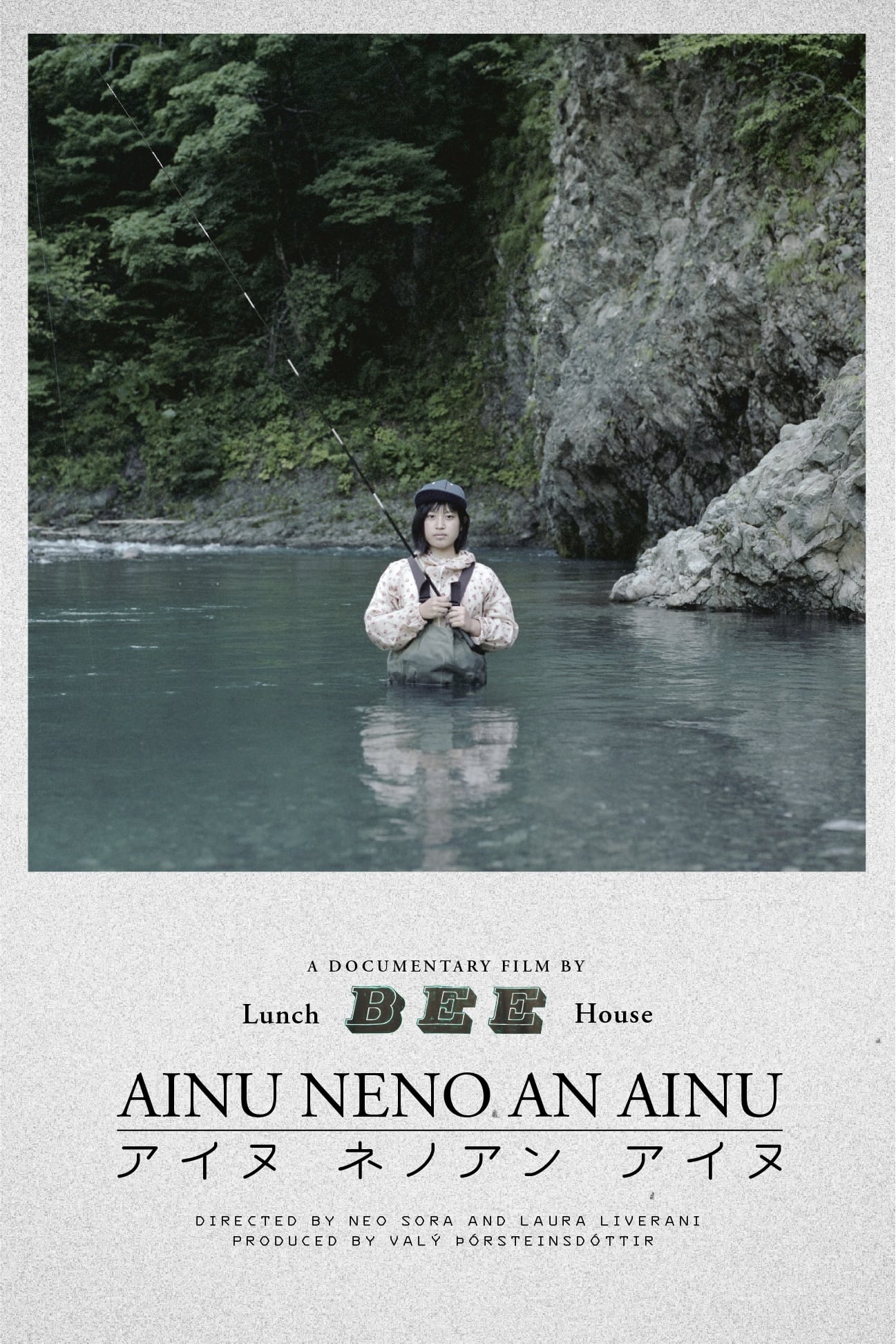
This documentary started as part of a photography project about the indigenous Ainu population in northern Japan, portraying people from tightly knit communities. They feel deeply connected by their culture and tradition. With gorgeous pictures, the directors explore how different generations of Ainu reflect on their identity after centuries of oppression.
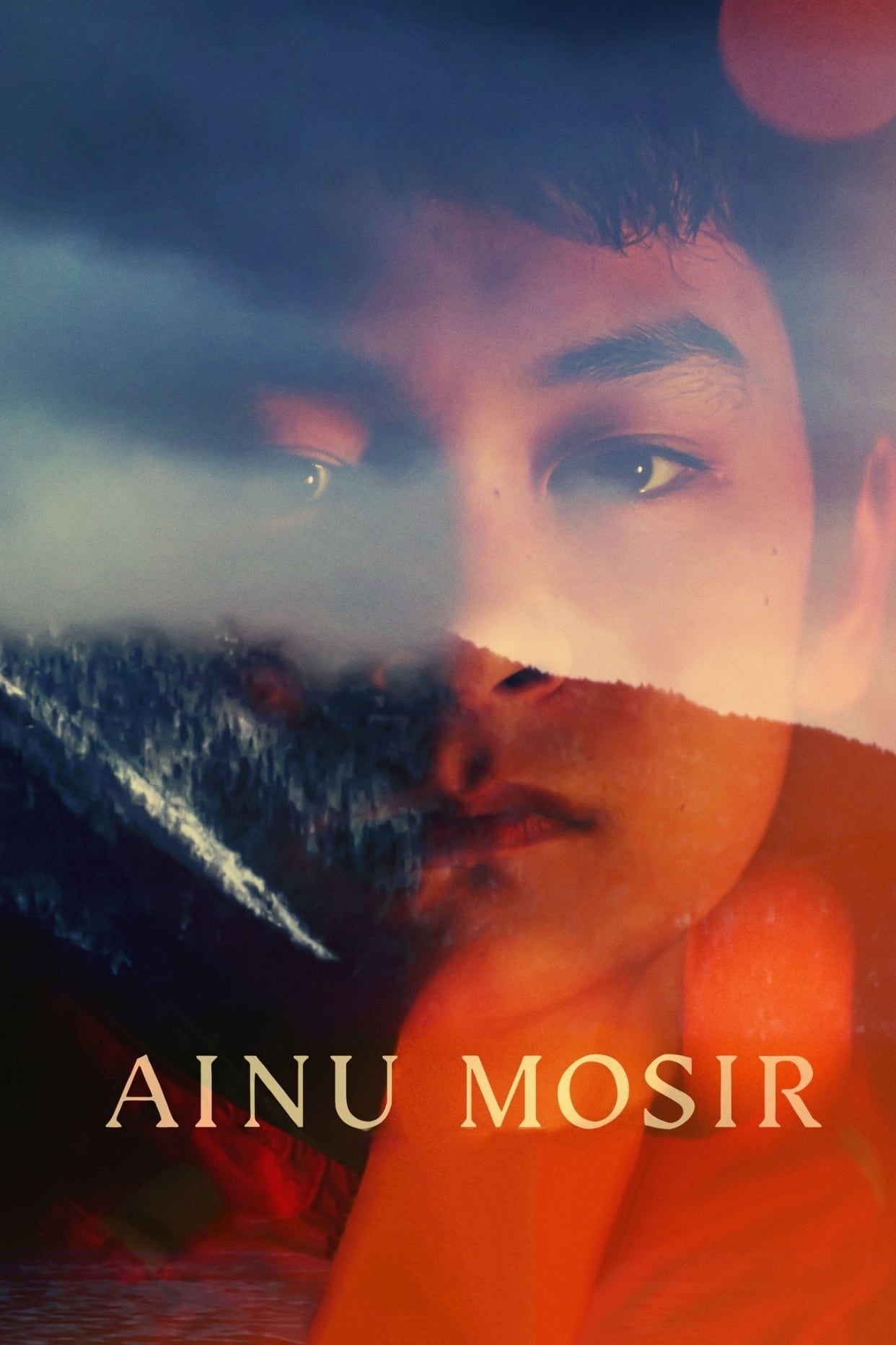
Kanto, 14, a descendant of Japan's indigenous Ainu people, decides to visit a hole in the forest — a path to the other side of the world where dead people live, hoping to see his deceased father.
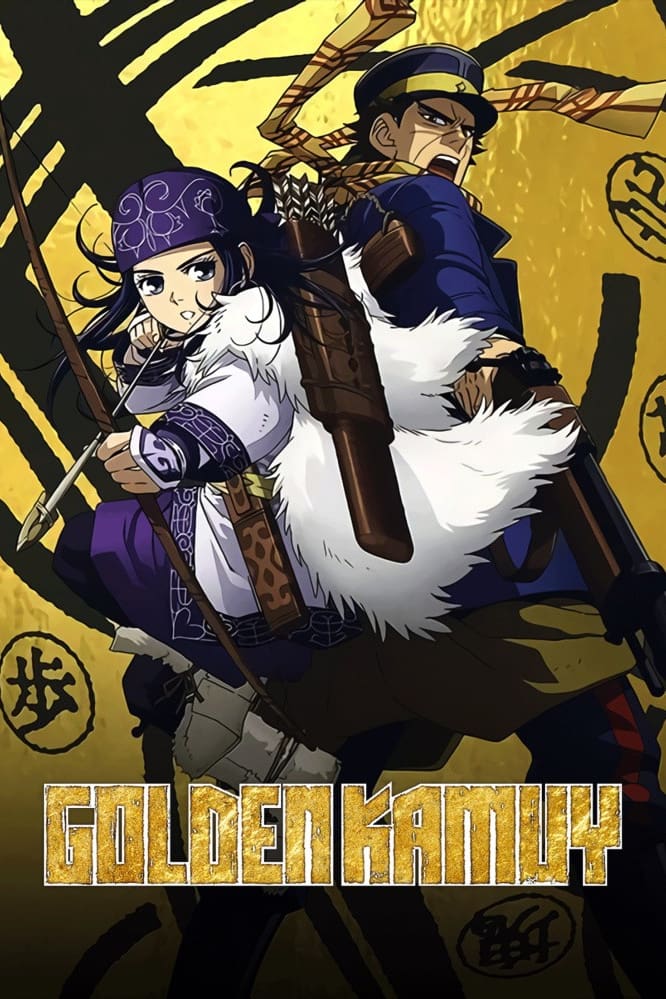
In the early twentieth century, Russo-Japanese War veteran Saichi “Immortal” Sugimoto scratches out a meager existence during the postwar gold rush in the wilderness of Hokkaido. When he stumbles across a map to a fortune in hidden Ainu gold, he sets off on a treacherous quest to find it. But Sugimoto is not the only interested party, and everyone who knows about the gold will kill to possess it! Faced with the harsh conditions of the northern wilderness, ruthless criminals and rogue Japanese soldiers, Sugimoto will need all his skills and luck—and the help of an Ainu girl named Asirpa—to survive.
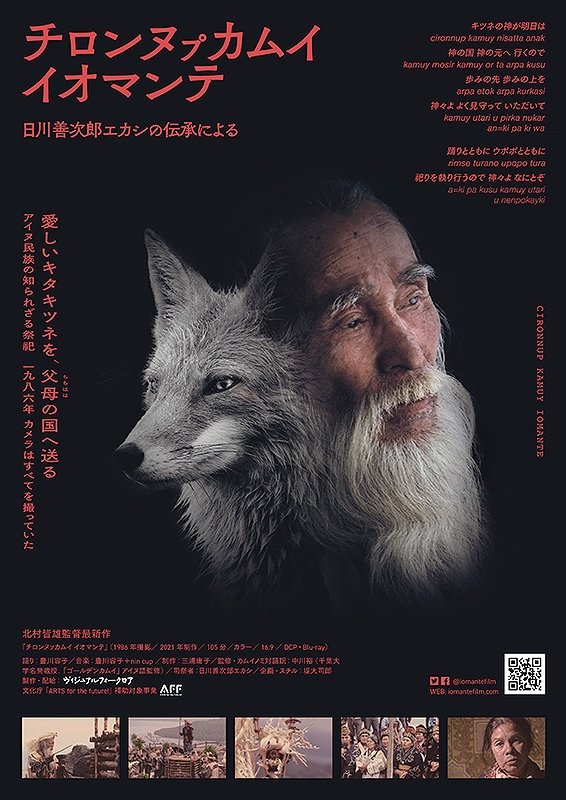
In 1986, for the first time in 75 years, the "Chironnup Kamuy Iomante (the sending off of the spirit of the fox)" was held at Bihoro Pass, in Hokkaido. According to the Ainu's traditional beliefs, animals are "gods" called "Kamuy" who live in the "land of gods" ("Kamuimosiri"), but sometimes they come to the "land of humans" ("Ainumosiri"), to offer their meat and furs as gifts. The Ainu take care of them, and they eventually hold an "Iomante (spirit sending)". In this ceremony, people offer prayers, sing songs, and dance, and send the animal back to the "land of the gods" with food and souvenirs.
By browsing this website, you accept our cookies policy.